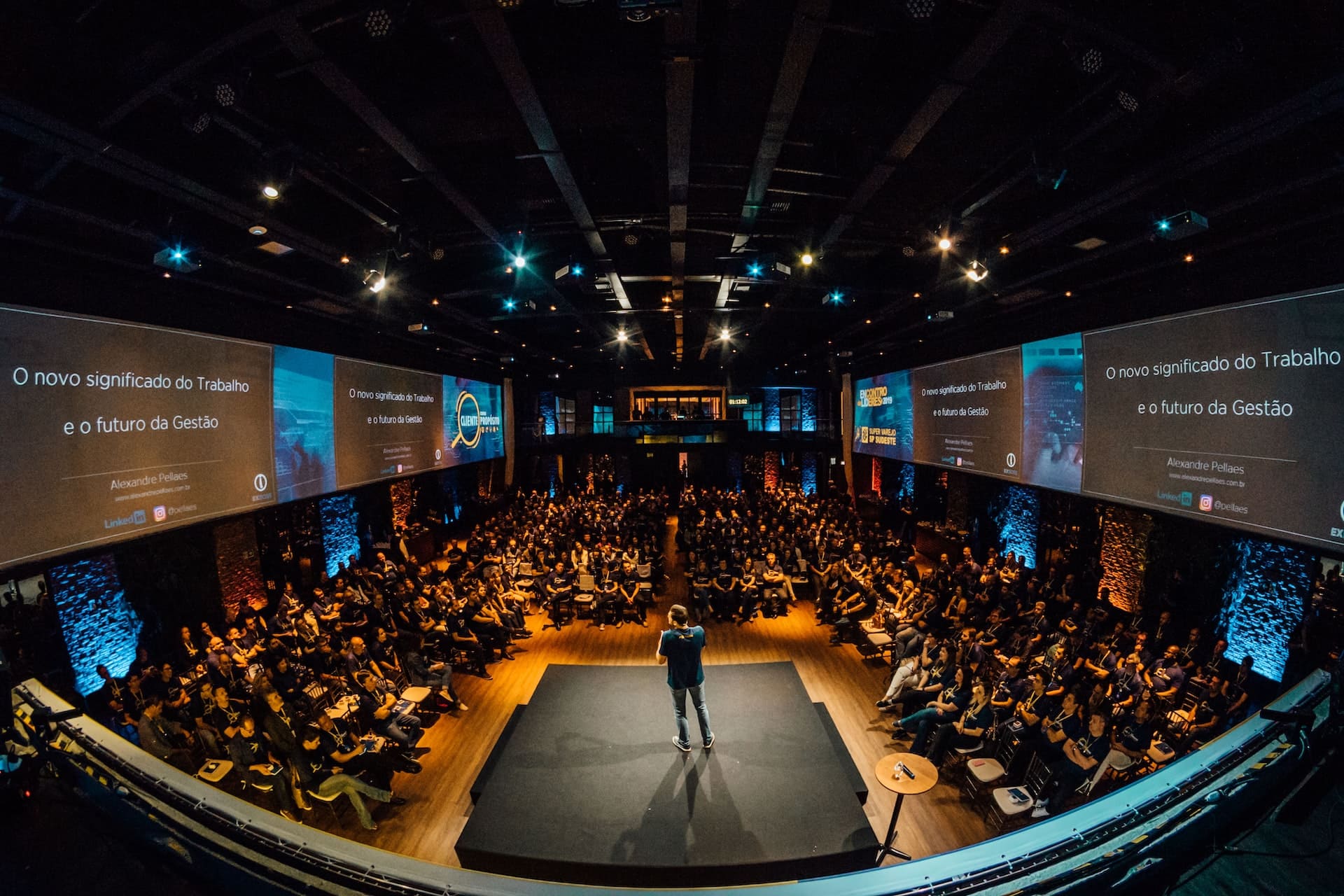Define Your Company's Mission and Values
- Create a mission statement: Develop a concise mission statement that communicates your company's purpose, goals, and values. Make sure it's easily understood and memorable.
- Identify your core values: Collaborate with your team to determine the values that are most important to your company. Be sure to involve employees at all levels to ensure a comprehensive understanding of the values that resonate with everyone.
Communicating and Reinforcing Your Company Culture
- Lead by example: As a leader, model the behaviors and values you want to see in your team. Your actions will set the tone for the rest of the company.
- Regularly discuss your culture: Make sure your company's values and mission are always top of mind by incorporating them into meetings, training sessions, and company communications.
- Recognize and reward aligned behaviors: Encourage employees who embody your company's values by acknowledging their efforts and rewarding them accordingly.

Hiring for Cultural Fit
- Incorporate culture into the interview process: Ask questions that reveal a candidate's values, work style, and motivations. Use these insights to determine if they will fit well within your company culture.
- Prioritize cultural fit: While skills and experience are important, it's essential to consider how well a candidate aligns with your company's values. A talented employee who doesn't fit your culture can be detrimental to team dynamics and overall productivity.
- Provide a thorough onboarding experience: Ensure new hires understand and embrace your company culture from day one. Offer comprehensive onboarding that highlights your company's values, mission, and expectations.
Encouraging Employee Engagement and Feedback
- Foster open communication: Create a safe environment for employees to share their thoughts and ideas. Encourage candid conversations about the company culture and how it can be improved.
- Solicit feedback: Regularly seek feedback from employees about the company culture. Implement changes based on their input to demonstrate that their opinions are valued.
- Empower employees to drive cultural initiatives: Encourage your team to take ownership of the culture by leading committees or organizing events that promote your company's values.
Promoting Work-Life Balance and Employee Well-being
- Offer flexible work options: Encourage work-life balance by offering flexible work schedules, remote work opportunities, and generous time-off policies.
- Support employee well-being: Provide resources and initiatives to support mental and physical health, such as wellness programs, stress management workshops, and fitness incentives.
- Encourage team bonding: Organize team-building activities and social events to strengthen relationships and foster a sense of camaraderie among employees.
Nurturing Diversity, Inclusion, and Equity
- Commit to diversity and inclusion: Develop and implement diversity and inclusion policies that outline your company's commitment to creating an equitable work environment.
- Promote diversity in hiring: Ensure your recruitment process is unbiased and inclusive by using diverse candidate sources and implementing structured interviews.
- Foster an inclusive environment: Encourage open conversations about diversity and inclusion, and provide training to address unconscious biases and promote inclusive behaviors.

The Journey to a Strong Company Culture
Related Courses
The Breakout Leader: Cultivating the Courage for Bold Moves
Learn to lead boldly, assess risks, and drive change. Gain confidence to inspire large teams and seize breakthrough leadership opportunities
Unleashing Team Potential - The Art & Science of Building High-Performing Teams
Peak team performance does not happen naturally. It requires artfully optimizing the human element in business to achieve more.
Beyond Your Limits
Engineer Your Life and Career to Achieve More Without Stress While Enjoying a Positively Unfair Advantage Through Goal-Setting!
Lead With unCommon Sense
Go from a forgettable manager to a magnetic leader who elevates the trajectory of your team and your business
Build Your Minimum Viable Brand
Go from a company with a product to sell to a culturally relevant brand people will love. Create your brand strategy playbook in two weeks.
You might also like

How Leaders Make Decisions: Lessons from Annie Duke

Lifelong Learner: How Continuous Learning Benefits Leaders

Effective Time Management for Leaders: Techniques to Maximize Productivity

